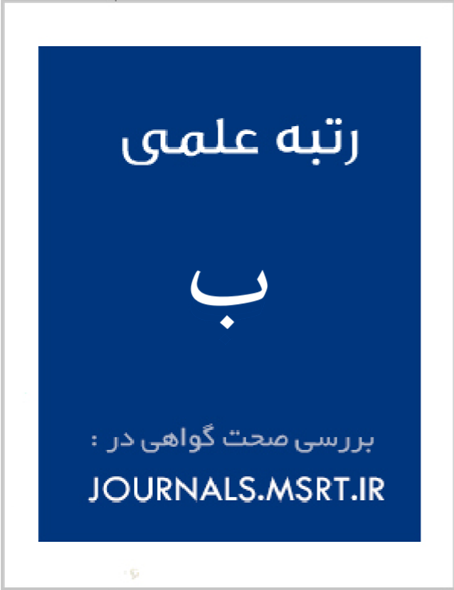A Qualitative Study of Ethical Components in the Prioritization System of Rulings in Comparative Jurisprudence
Keywords:
Comparative jurisprudence, prioritization of rulings, ethical components, justice, comparative ijtihad, qualitative analysisAbstract
The aim of this study is to identify and explain the ethical components affecting the prioritization system of rulings in comparative jurisprudence using a qualitative approach. This research employed a qualitative design, utilizing semi-structured interviews with 21 scholars and experts in Islamic jurisprudence and ethics residing in Tehran. Data were collected until theoretical saturation and analyzed through thematic analysis with the assistance of NVivo software. Thematic analysis revealed three main categories: ethical principles (such as human dignity, justice, transparency, and responsibility), jurisprudential strategies (such as comparative ijtihad, ethical legal principles, and collective decision-making), and ethical outcomes (such as social legitimacy, enhanced justice, and reduced ethical challenges). Experts emphasized the importance of justice, empathy, attention to individual circumstances, and the necessity for interaction between jurisprudence and ethics. This study demonstrated that considering ethical components in the prioritization of jurisprudential rulings not only enhances the efficiency and legitimacy of Islamic law but also provides better responsiveness to contemporary social and ethical challenges. Strengthening ethical approaches, comparative and collective ijtihad, and applied ethics training for jurists can promote the jurisprudential system and increase public trust.
Downloads
Downloads
Published
Submitted
Revised
Accepted
Issue
Section
License

This work is licensed under a Creative Commons Attribution-NonCommercial 4.0 International License.


